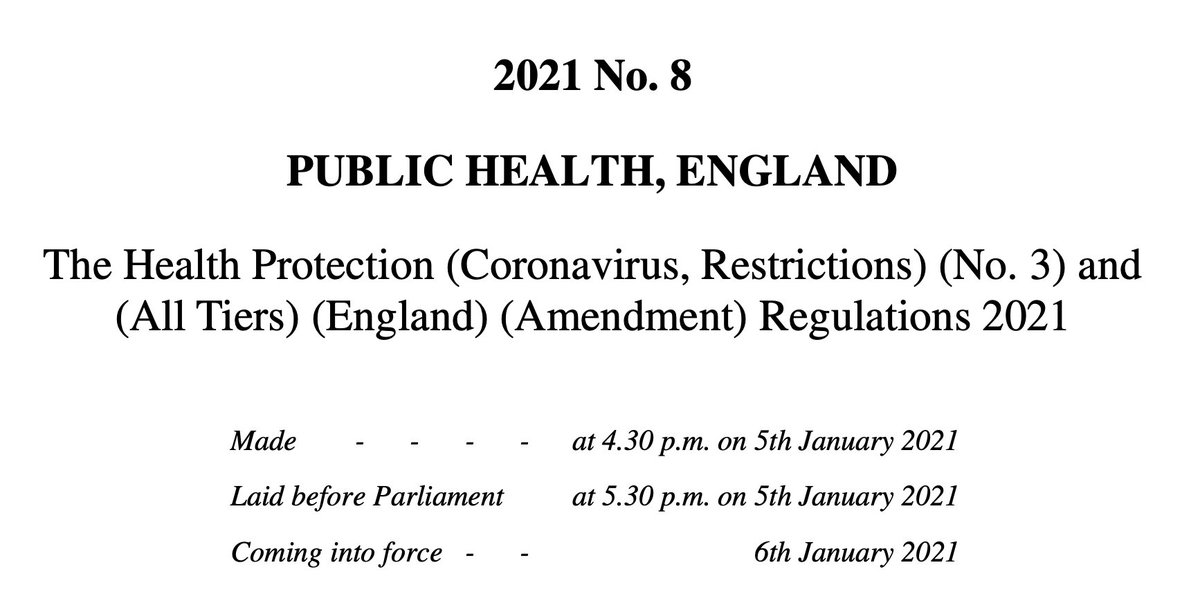
For those who want to understand the Julian Assange judgment you can read it here:
judiciary.uk/wp-content/upl…
Annex here:
judiciary.uk/wp-content/upl…
judiciary.uk/wp-content/upl…
Annex here:
judiciary.uk/wp-content/upl…
I have read part of the judgment (I think only part?) that he succeeded on - there would be a substantial risk he would commit suicide if extradited. And this was exacerbated by the likely 'special administrative measures' and possibility of being housed in a 'superman' prison 

Similar to other extradition cases to US (involving terrorism), judge was concerned by the potential for Assange being held in oppressive conditions.
In this sense, argument that he would be treated with hostility worked in his favour even if didn't amount to improper pressure

In this sense, argument that he would be treated with hostility worked in his favour even if didn't amount to improper pressure


Sorry *supermax not superman! Pesky autocorrect. Assume a superman prison would be made of kryptonite
Key paras - judge accepted the evidence of Assange's psychiatric expert and rejected the opposing expert evidence. 



Ultimately, because there was a real risk of Mr Assange committing suicide in the harsh conditions he would be likely to be subject to in the US, the request was rejected. European Convention on Human Rights comes to the rescue, though not through the press freedom argument 

Tough one for the US to overturn on appeal - though I assume the psychiatric evidence will be updated and some of the deficiencies could be address? Don't think it will just be a review as will need to consider the risk at the time of the appeal
Some wags pointing out that perhaps Trump thinks there is a Superman prison, I couldn't possibly comment
Good thing for Assange is unlike press freedom vs espionage arguments, 'risk of suicide' part of case doesn't rely on novel or controversial areas of law. Risk of suicide in extradition/deportation cases very well trammelled and relies on psychiatric expert evidence not much law
However, the US could feasibly give assurances that Assange will have access to particular conditions and psychiatric treatment in order to get over this hurdle. So watch this space
• • •
Missing some Tweet in this thread? You can try to
force a refresh






